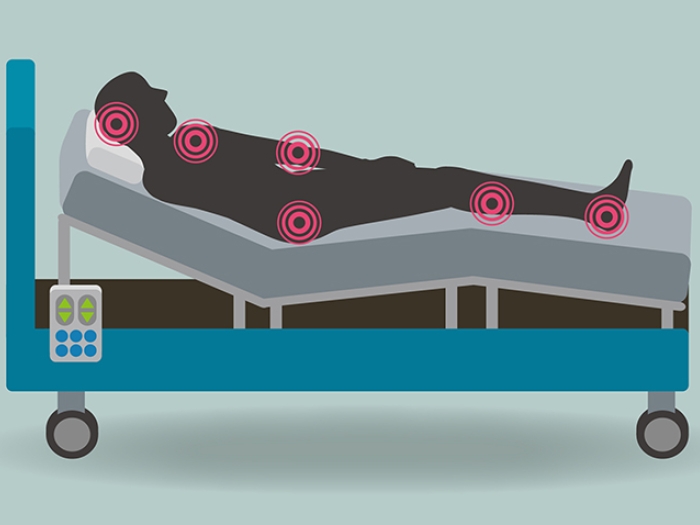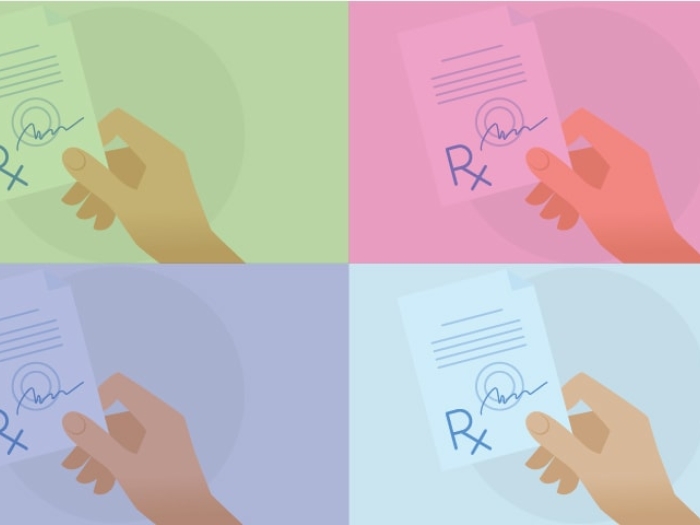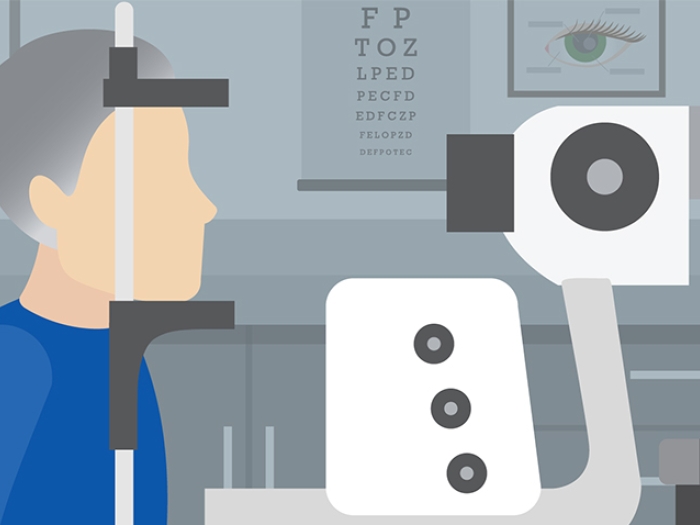Research and Policy Media Relations Manager
Gavin draws on more than 25 years of experience in communicating about science, medicine and health policy. She focuses mainly on the health services research done by members of the U-M Institute for Healthcare Policy and Innovation, who work to understand and improve the safety, quality, equity and affordability of health care. As part of the Michigan Medicine communication team, she has lead responsibility for primary care and mental health topics. Contact: [email protected]; Twitter: @Karag


Health Lab
The management of hospital-acquired pressure ulcers varies greatly, according to a new study. Researchers offer three key takeaways.

Health Lab
With voters in several states asked to decide about recreational and medical marijuana, a quick look at the state of knowledge about the drug and its derivatives

Health Lab
Urine leakage can get in the way of life and exercise; results point to potential importance of routine screening

Health Lab
Whether you buy healthcare thru your employer or the ACA marketplace, here are 7 things to know before the 2018 health insurance open enrollment period starts.
News Release
They’re hiding in the backs of medicine cabinets across Michigan: drugs that no one needs, and that could pose a risk to children, teens, adults and the environment.

Health Lab
Benzodiazepine prescribing is most intense in the South and in economically disadvantaged counties. It’s also a more common among older male primary care physicians.

Health Lab
A review of data from millions of U.S. births finds higher rates of dangerous delivery-related conditions in new mothers of color and those with certain underlying health conditions.

Health Lab
More than 1 in 10 people ages 50 to 64 have had genetic tests ordered by a doctor or ordered them directly, a new survey finds. Others say they’re interested, but many have concerns.
Health Lab
Two tiny groups of brain cells, right next to each other, play a key role in driving feeding – and stopping. The brain’s own opioid system also gets involved

Health Lab
Health care coverage for low-income patients produces fiscal benefits that include lower unpaid debts, fewer bankruptcies and higher credit scores.

Health Lab
Expedited partner therapy is a federally recommended treatment approach for STDs but several barriers prevent antibiotics from being administered quickly. Learn more.

Health Lab
Benzodiazepines pose special risks to older adults. New research finds many of those who start taking them aren’t stopping.

Health Lab
Universities that sell access to their biobanks to private companies should tell patients and be transparent about how profits are used, a new survey shows.
News Release
For the fifth year in a row, ten Michigan physician organizations have improved care for more than 113,800 Medicare participants across the state, while making a positive difference in the cost of that care.

Health Lab
Focusing on those with the highest risk of vision problems — as well as sensitivity to costs — could help improve eye care decisions for people over 50, a new poll finds.